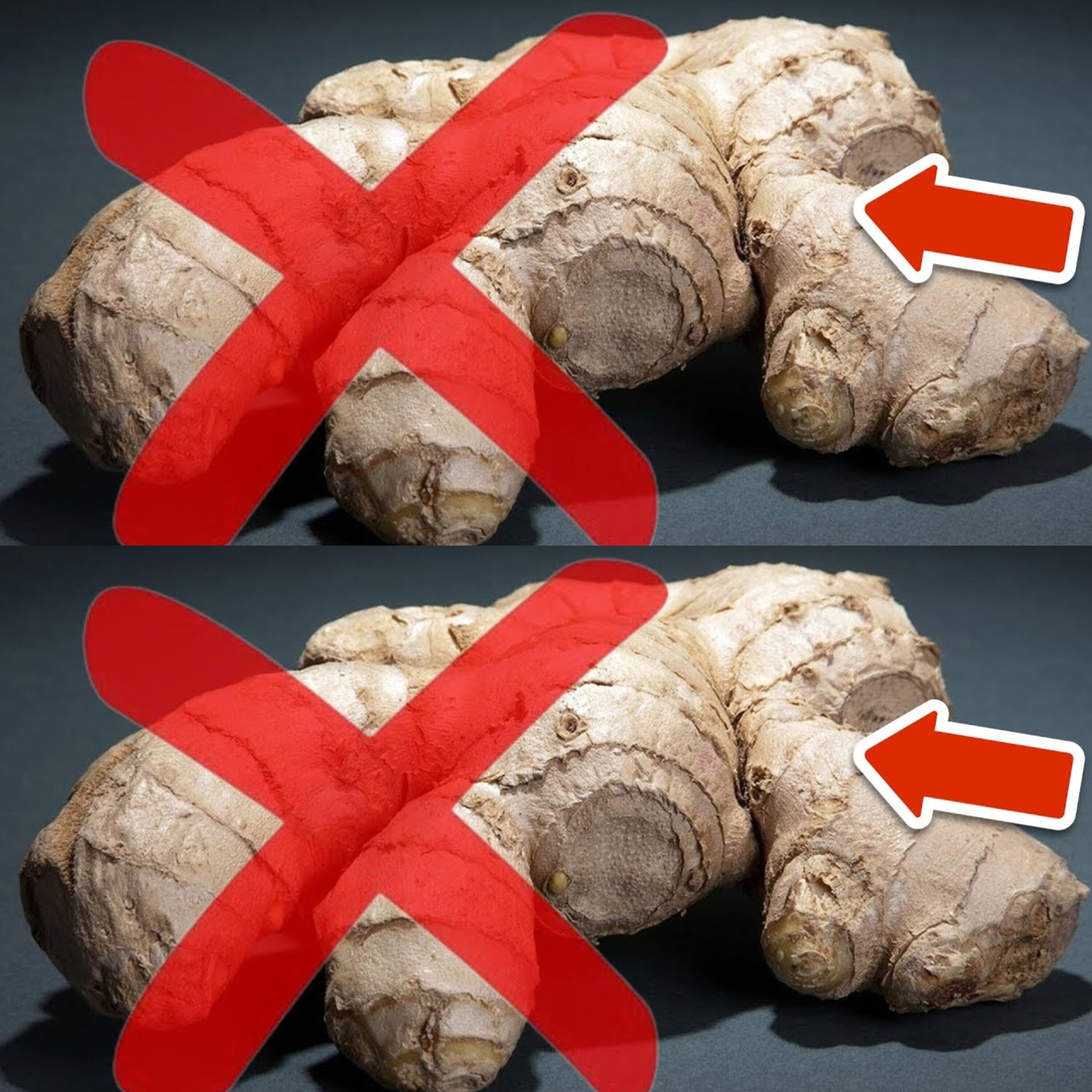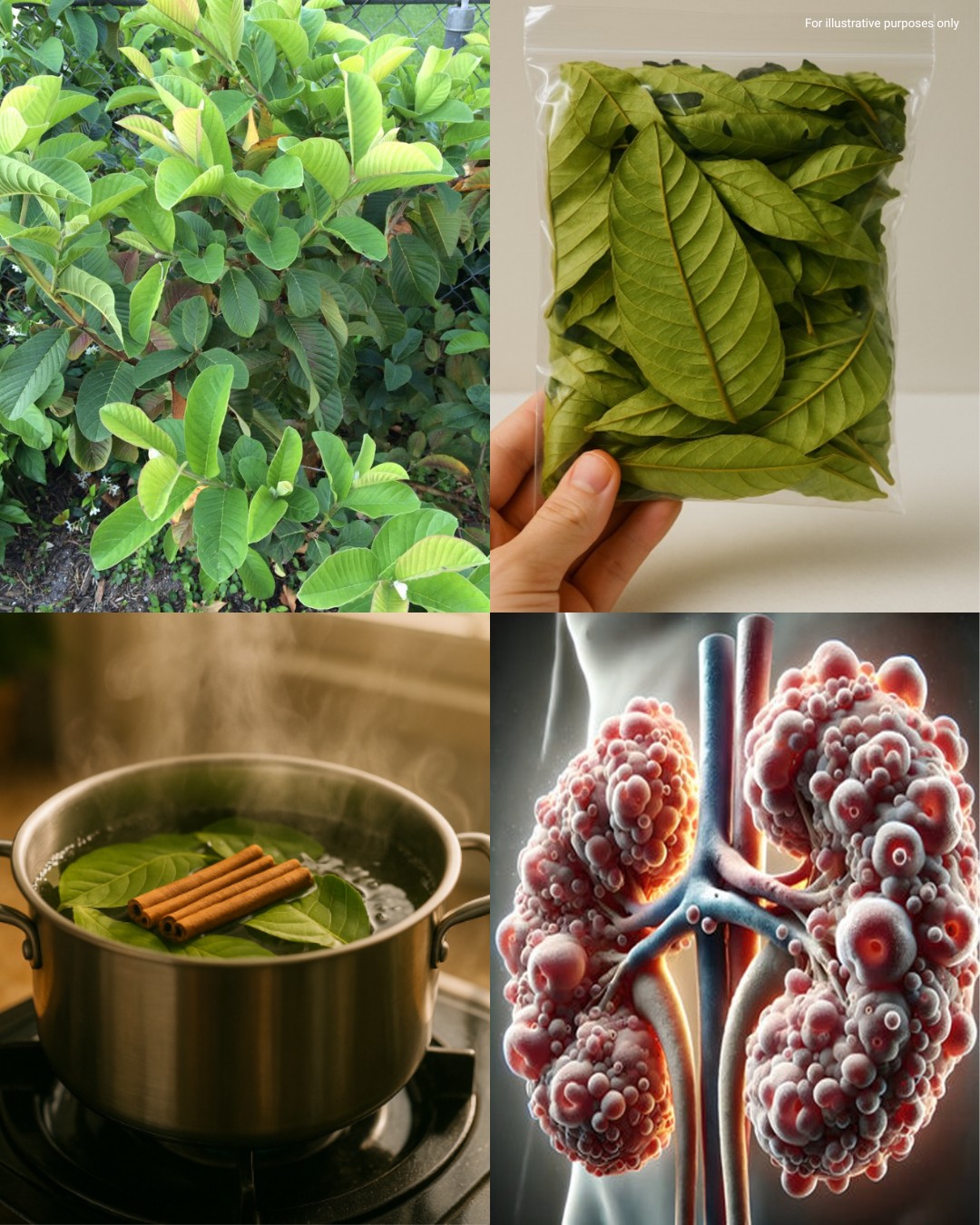Ginger has long been celebrated for its natural healing properties. Known for its anti-inflammatory effects, digestive aid, and immune-boosting benefits, it has become a go-to remedy for a variety of ailments. From soothing an upset stomach to alleviating nausea, ginger is often praised for its versatility. However, while it is a beneficial herb for many people, it may not be suitable for everyone, especially those with certain health conditions.
If you have any of the following health concerns, it’s crucial to approach ginger consumption with caution. Consulting your healthcare provider before introducing ginger into your diet is always the best course of action to ensure it won’t interfere with your current health status or medications.
1. Blood Disorders
Why to Avoid:
Ginger has natural blood-thinning properties, which can be problematic for individuals with bleeding disorders such as hemophilia. Additionally, those on blood-thinning medications, such as warfarin or aspirin, should be cautious when consuming ginger. Ginger can enhance the effects of these medications, which could increase the risk of bleeding.
Risk:
The increased blood-thinning effect can heighten the risk of excessive bleeding, even from minor cuts or injuries. This can be especially dangerous during medical procedures, as it could lead to uncontrolled blood loss.
If you suffer from a blood disorder or are on medication that affects blood clotting, consult your doctor before consuming ginger in large amounts. In some cases, it might be best to avoid it altogether to prevent any risk of complications.
2. Gallstones
Why to Avoid:
Ginger stimulates the production of bile in the gallbladder, which aids in the digestion of fats. While this is typically beneficial for healthy individuals, it can be a concern for those with gallstones. The stimulation of bile production may lead to pain or discomfort, and in some cases, it can even exacerbate the condition.
Risk:
For people with gallstones, ginger may trigger painful symptoms, including nausea or bloating. In some situations, the increase in bile flow could contribute to blockages in the bile ducts, leading to more severe complications such as inflammation or gallbladder attacks.
If you have gallstones, speak with your healthcare provider to determine whether it’s safe for you to include ginger in your diet. In some cases, avoiding ginger may be the best option to prevent worsening symptoms.
3. Low Blood Pressure
Why to Avoid:
Ginger is known for its ability to lower blood pressure naturally by improving circulation and relaxing blood vessels. While this can be beneficial for people with high blood pressure, those with already low blood pressure need to be careful when consuming ginger, as it may cause further drops in blood pressure levels.
Risk:
For individuals with low blood pressure (hypotension), ginger could cause dizziness, lightheadedness, or even fainting. This is especially true for those who are already on medication to manage low blood pressure. If you experience any of these symptoms, it’s important to monitor your ginger intake and speak with your doctor about safe consumption levels.
If you’re prone to low blood pressure, it may be advisable to limit your ginger intake or avoid it altogether, particularly if you’re on medication that affects blood pressure.
4. Diabetes
Why to Avoid:
Ginger has been shown to have blood sugar-lowering effects, which may be beneficial for individuals with type 2 diabetes. However, for those who are already taking medication to regulate their blood sugar levels, ginger could potentially interfere with these medications, leading to dangerously low blood sugar (hypoglycemia).
Risk:
Consuming ginger alongside diabetes medications can increase the risk of hypoglycemia, which may cause symptoms such as shaking, dizziness, confusion, and even fainting. In extreme cases, low blood sugar can lead to seizures or loss of consciousness.
If you have diabetes, it’s essential to work closely with your healthcare provider to monitor your blood sugar levels when adding ginger to your diet. You may need to adjust your medication dosage to account for ginger’s effect on blood sugar levels.
5. Pregnancy (In Excess)
Why to Avoid:
Many women turn to ginger to help alleviate nausea and morning sickness during pregnancy, and in moderate amounts, ginger can be effective in providing relief. However, consuming excessive amounts of ginger during pregnancy can pose risks, particularly in the later stages of pregnancy. There is concern that high doses of ginger might stimulate uterine contractions, increasing the risk of premature labor or other complications.
Risk:
While small amounts of ginger are generally considered safe for pregnant women, taking large quantities may lead to uterine contractions and preterm labor. Additionally, excessive ginger intake can contribute to heartburn or digestive upset, which can be uncomfortable for pregnant individuals.
It’s always best to consult with your obstetrician before using ginger to manage nausea during pregnancy. They can help you determine a safe dosage and ensure that it won’t interfere with your pregnancy or harm your developing baby.
6. Gastroesophageal Reflux Disease (GERD)
Why to Avoid:
Ginger is known for its ability to soothe nausea and aid digestion, but for individuals with GERD (gastroesophageal reflux disease), ginger may exacerbate symptoms. The spicy nature of ginger can irritate the esophagus and trigger or worsen heartburn and acid reflux.
Risk:
If you suffer from GERD, ginger may increase the frequency and severity of acid reflux episodes. Symptoms such as chest pain, heartburn, and regurgitation can become more frequent, leading to discomfort and a decrease in quality of life.
If you have GERD, you should discuss your ginger intake with your doctor to determine if it’s a suitable option for managing your digestive symptoms or if it might be better to avoid it entirely.
7. Recent or Upcoming Surgery
Why to Avoid:
Ginger’s blood-thinning properties can also pose a risk before or after surgery. Since ginger can affect blood clotting, it may increase the risk of bleeding during surgical procedures or slow down the healing process afterward.
Risk:
Excessive bleeding during surgery can lead to complications, including the need for blood transfusions or extended recovery time. Additionally, if you are taking ginger after surgery, it may slow down the healing process and increase the risk of post-operative complications.
If you are planning surgery or have recently undergone one, it’s crucial to avoid ginger or limit its intake until your doctor clears you for its use. Always inform your surgeon and healthcare team about any supplements or natural remedies you are taking prior to a procedure.
How to Be Safe with Ginger
If you fall into one of the above categories but still wish to use ginger for its health benefits, there are a few important precautions to take:
- Consult with your doctor: Always talk to your healthcare provider before introducing ginger into your routine, especially if you have any of the conditions mentioned above or are on medication that may interact with ginger.
- Moderation is key: In most cases, consuming 1-2 grams of ginger per day is considered safe for most people. However, if you have a health condition, your doctor may recommend adjusting this amount.
- Monitor your health: Pay attention to how your body reacts to ginger. If you experience any negative side effects, such as dizziness, stomach discomfort, or unusual bleeding, stop using ginger immediately and consult your doctor.
Ginger is a powerful and effective natural remedy, but it’s not suitable for everyone. Being informed about its effects on your health is important for making the right decision. Prioritize your well-being, and always consult a healthcare professional when in doubt.
Stay safe, and enjoy the many benefits of ginger responsibly! 🌿





